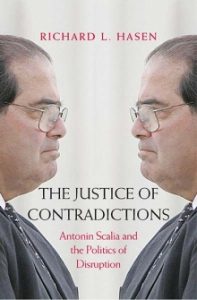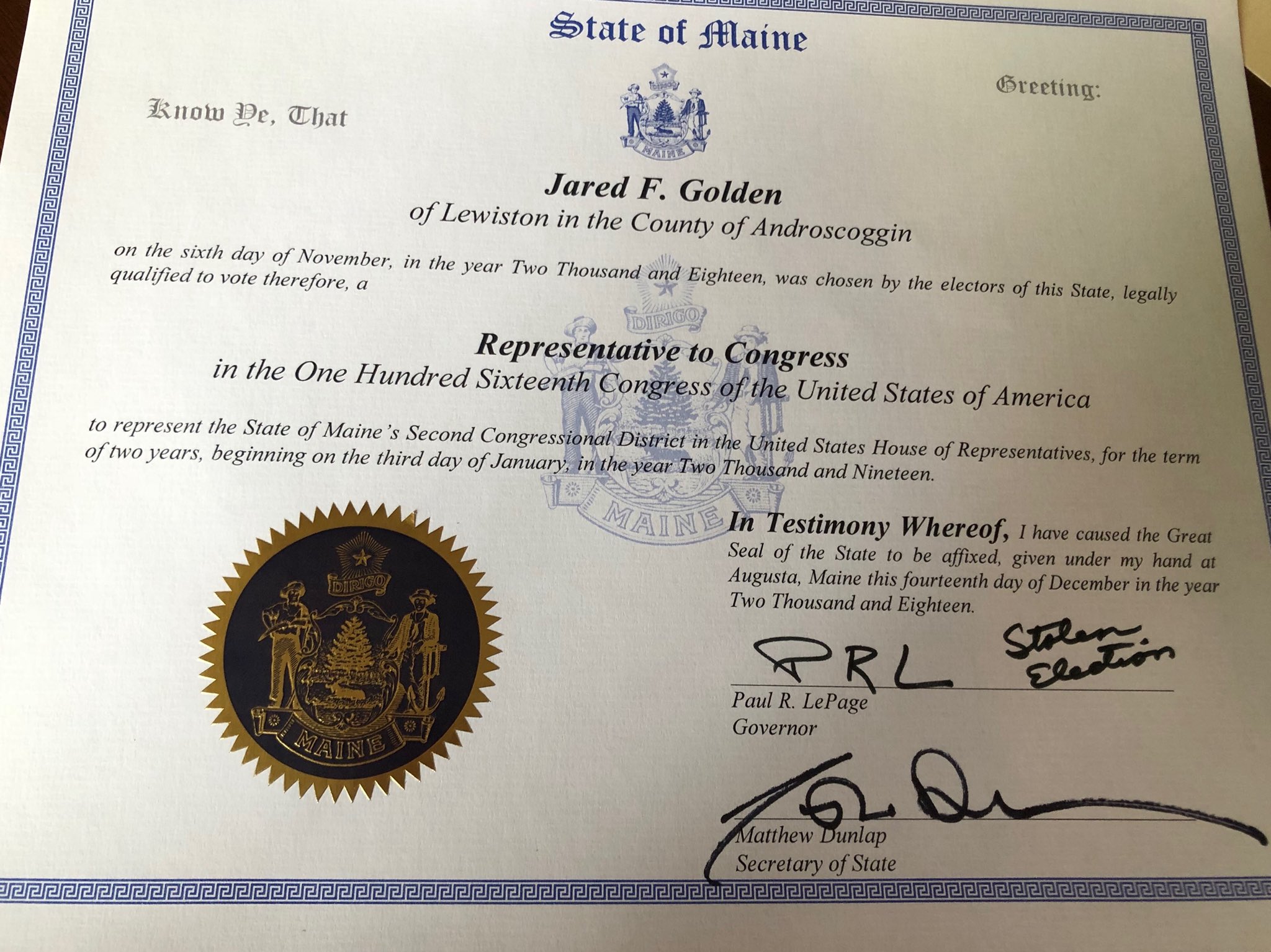Once again it has been a busy year for the Election Law Blog and 2019 promises some major developments as well in the area of voting rights, campaign finance, redistricting, polarization, the Supreme Court and other topics.
I’ve got a few new projects in the works (more about that over the next few months), and a full load of teaching and speaking coming up.
I wish all my readers a safe, healthy, and happy 2019.
Below the fold you’ll find a list of books, articles, and opeds that I’ve published (or that were released in draft) in 2018. Thanks for reading! Continue reading Happy New Year!


